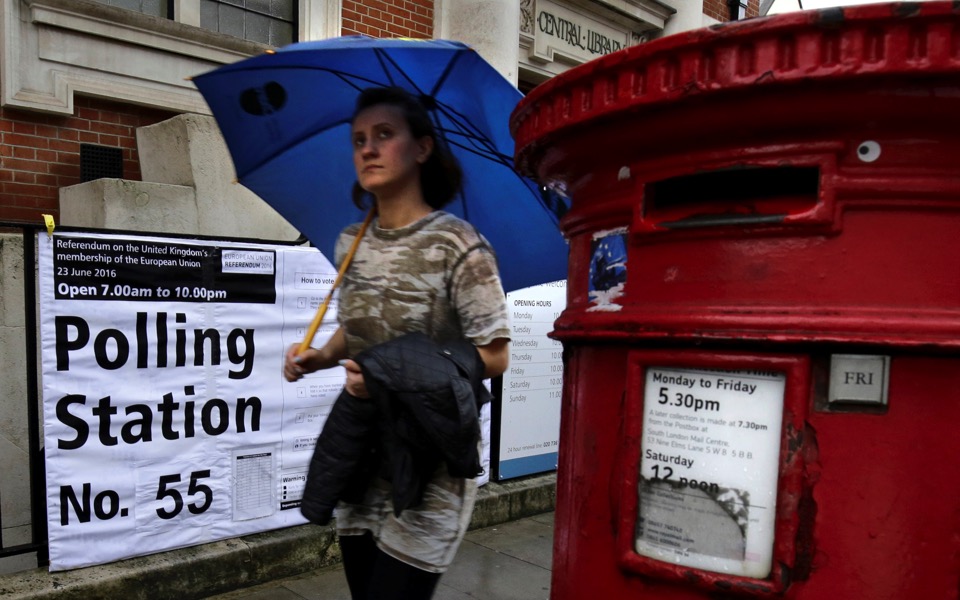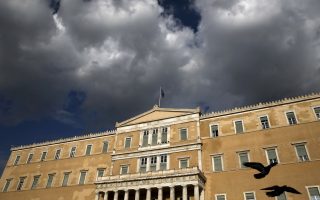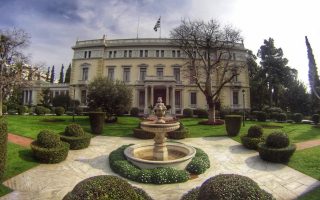A referendum’s legacy of division

The British referendum opened rifts in society that few would have expected. What matters now is to see how winners and losers will move on to close the wounds, to find a way to communicate with each other and with the countries of the European Union who have spent the last months anxiously watching the debate, the passion, the hyperbole and lies. For us in Greece, there will be a special interest in seeing whether the winners will invest in continuing division, as the proponents of the “No” vote in last year’s referendum here have done.
In this country, the government read the great majority which supported “No” as a blank check to use as it wished. After phrasing the referendum question in gibberish, they turned the answer into an issue of national pride. The “No” side presented themselves as patriots and their answer as a declaration of independence, while those who worried that rejection of a deal with the eurozone could lead to the country’s exit from the common currency and perhaps the EU itself, were depicted as quislings. The artificial division before the voting was the first strong indication that the referendum would be used as a political tool beyond the question posed to citizens.
Today we know that the division prior to the vote was the first salvo in a war. When a leading member of ruling SYRIZA wrote in the party paper last month that the party was re-elected last September “so that we can roll the burden onto those who say they want to stay in Europe,” he was confirming that division was not an accident. Not only would there be no effort to bridge the rift, but this would remain an essential part of government policy. Whereas the government turns “No” into “Yes,” when it turns black into white and resistance into a new bailout deal, it insists on presenting itself as the sole defender of the people’s interests – even when it adopts its rivals’ policy, as it did in its decision to keep Greece in Europe.
In Greece, overturning the result of July’s referendum was approved by the voters in September’s national elections, allowing us to say that what mattered was not so much the answer to the question posed as the ruling party’s use of the tension that was created. Every now and then, the government makes use of the “class war” for which Kyriakos Mitsotakis, leader of the main opposition party, criticizes it. In our political world, this criticism comes across as praise: It benefits the governing coalition of radical-left and extreme-right parties to appear as if it has an ideology and a policy which provoke a response from “class enemies,” however ridiculous this appears today.
In Britain, where a problem within the ruling Conservative Party blew up into a problem for the country, Europe and the world, we saw the party itself and the nation divided. Will the British now try to bridge these divisions or will they fall into the trap of exploiting them for cheap political points?





